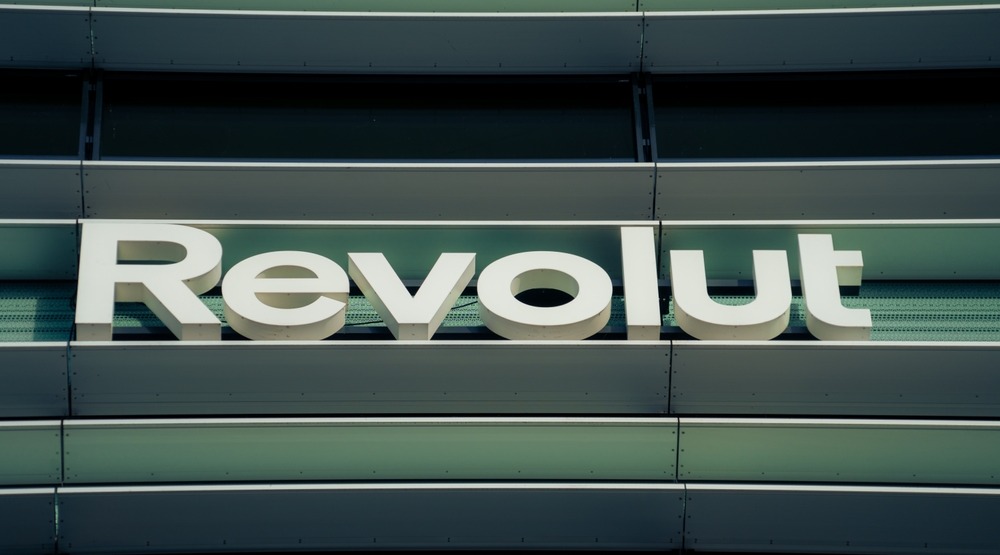Concerns about inflation and financial stability have prompted American retail investors to explore alternative assets. Online searches and surveys reveal a growing interest in precious metals as a secure alternative to traditional investments such as stocks, bonds, and cash.
According to a study exclusively shared with Finance Magnates, 83% of millennials are skeptical about the economy's current state. For this reason, they are looking for new forms of investment and savings, including gold.
People Are Searching How to Buy Gold
Precious metals, traditionally viewed as nearly inflation-proof, have seen a surge in popularity. In particular, online searches for ‘how to invest in gold and silver’ have soared by 656% in the past year.
Searches for ‘self-directed precious metals IRA’ also increased dramatically by 860%, while searches for ‘best cryptocurrency to buy’ fell by 72%. These trends suggest a shift in the investment landscape as people seek to diversify their portfolios and safeguard their holdings against depreciating values.
Investment patterns aren't only visible through search volume data. In a survey of 1,027 Americans, traditional investments such as stocks, bonds, and cash were viewed skeptically by 63% of respondents due to inflation fears. Conversely, gold topped the list as the most trusted alternative asset during times of inflation.
“Our findings bolster the case for gold as the heavily-trusted, primary alternative asset of choice during this inflationary period. Whereas gold is today’s most trusted alternative asset; wine, collectibles, and hedge funds are Gen Z’s least trusted alternative assets (respectively)," Jeff Smith, the Senior Content Manager for Retirement Living, commented

The Rising Tide for Crypto, Collectibles and Gold
Notably, one in four respondents reported an increased interest in alternative assets following the collapse of Silicon Valley Bank in March 2023. Among those who had made investments in the past six months, a third were in alternative investments, with cryptocurrency being the top choice (despite declining search engine interest in cryptocurrencies ).
When dissecting these results by demographics, men were found to be 91% more likely than women to have made alternative investments in the past six months. However, women were 35% more likely to express skepticism about traditional investments in the current economy.
Interestingly, Gen Z showed the least skepticism towards new traditional investments, yet 30% of this group was more interested in alternative investments. Meanwhile, nearly half (43%) of millennials reported making alternative investments in the past six months.
“Our data raise several intriguing possibilities. For instance, the findings suggest that the majority of Gen Z — three in five — feel skeptical about investing given the current state of the economy. Yet, 83% of Gen Z reported investing in the last six months. We suggest this apparent tension might be motivated by fear of not having enough to survive given the current cost of living in certain areas, the desire to buy or finance a first home, or a cultural push toward earlier retirement," Smith added.
Inflation Changes Investment Habits
With the specter of inflation causing financial stress for many Americans, diversifying investment and retirement accounts has become a pressing matter. The rise in interest towards precious metals and cryptocurrency highlights the shift in investment strategies.
According to those surveyed, alternative investments are more tangible assets than traditional investments at this point, and work well as a store of value, portfolio diversification and a hedge against record-high prices.
The above results are based on Retirement Living’s study that has delved into American investment trends by analyzing search volume data from the past 12 months and surveying over 1,000 Americans.


















